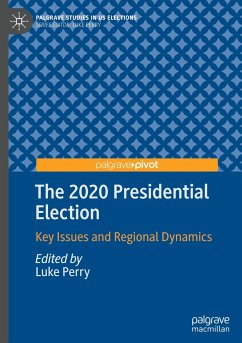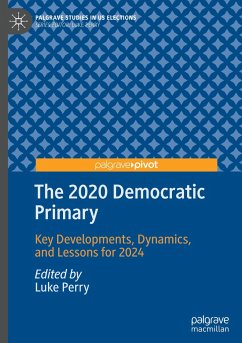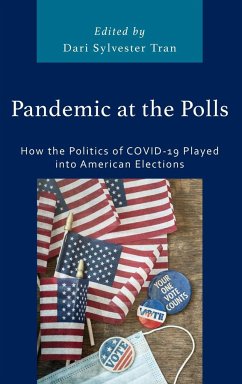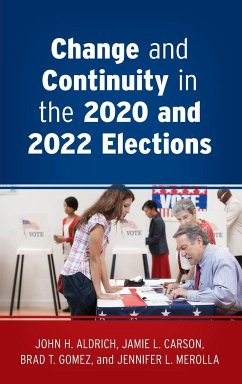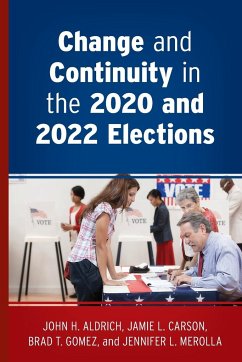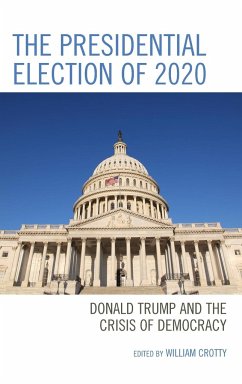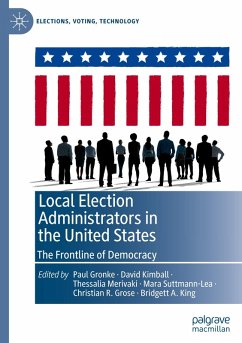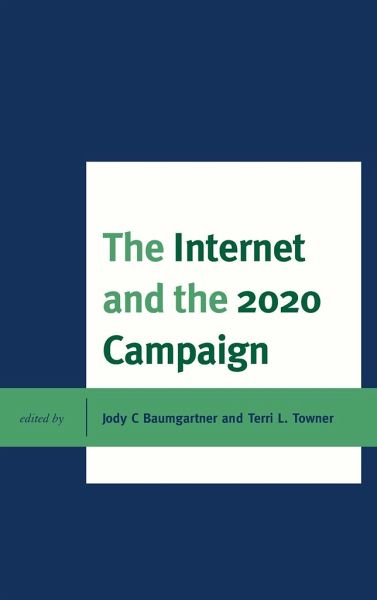
Internet and the 2020 Campaign

PAYBACK Punkte
61 °P sammeln!
Although many developments surrounding the Internet campaign are now considered to be standard fare, there were a number of newer developments in 2020. Drawing on original research conducted by leading experts, The Internet and the 2020 Campaign attempts to cover these developments in a comprehensive fashion. How are campaigns making use of the Internet to organize and mobilize their ground game? To communicate their message? How are citizens making use of online sources to become informed, follow campaigns, participate, and more, and to what effect? How has the Internet affected developments ...
Although many developments surrounding the Internet campaign are now considered to be standard fare, there were a number of newer developments in 2020. Drawing on original research conducted by leading experts, The Internet and the 2020 Campaign attempts to cover these developments in a comprehensive fashion. How are campaigns making use of the Internet to organize and mobilize their ground game? To communicate their message? How are citizens making use of online sources to become informed, follow campaigns, participate, and more, and to what effect? How has the Internet affected developments in media reporting, both traditional and non-traditional, of the campaign? What other messages were available online, and what effects did these messages have had on citizens attitudes and vote choice? The book examines these questions in an attempt to summarize the 2020 online campaign.




